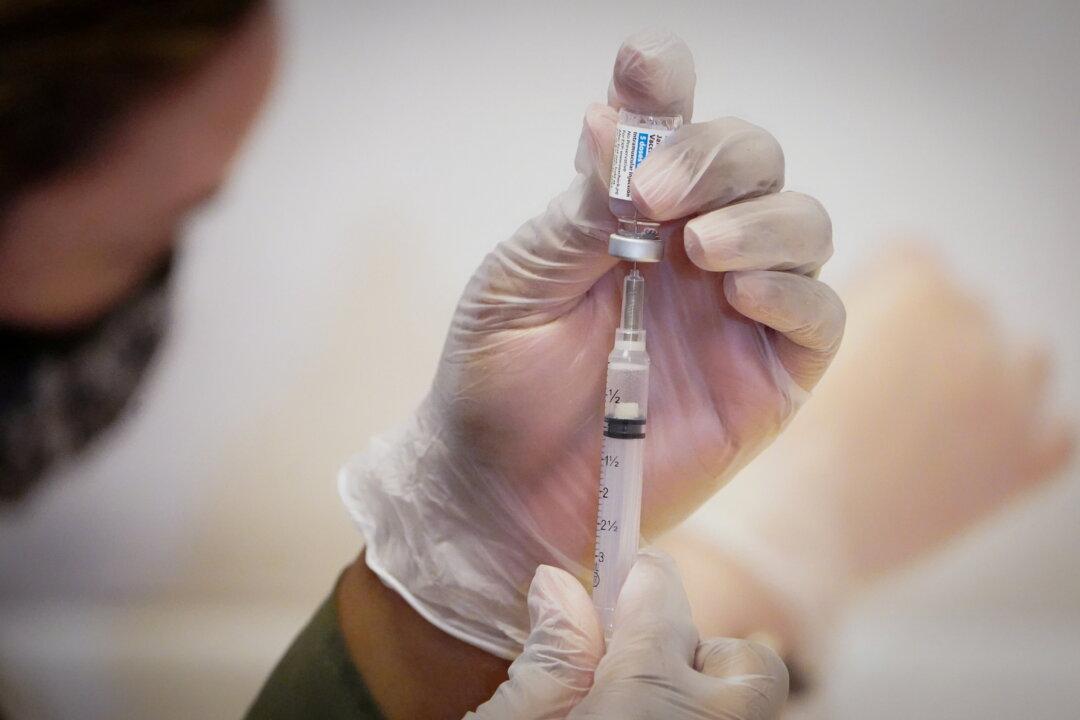Johnson & Johnson’s COVID-19 booster shots are able to generate high levels of antibodies and increase people’s immunity against the CCP virus, the company reported on Wednesday.
The drugmaker’s latest findings are based on two Phase 2 studies conducted on people previously inoculated with its single-shot vaccine. Participants in the studies got a booster dose six to eight months after their initial shot of J&J’s COVID-19 vaccine.





